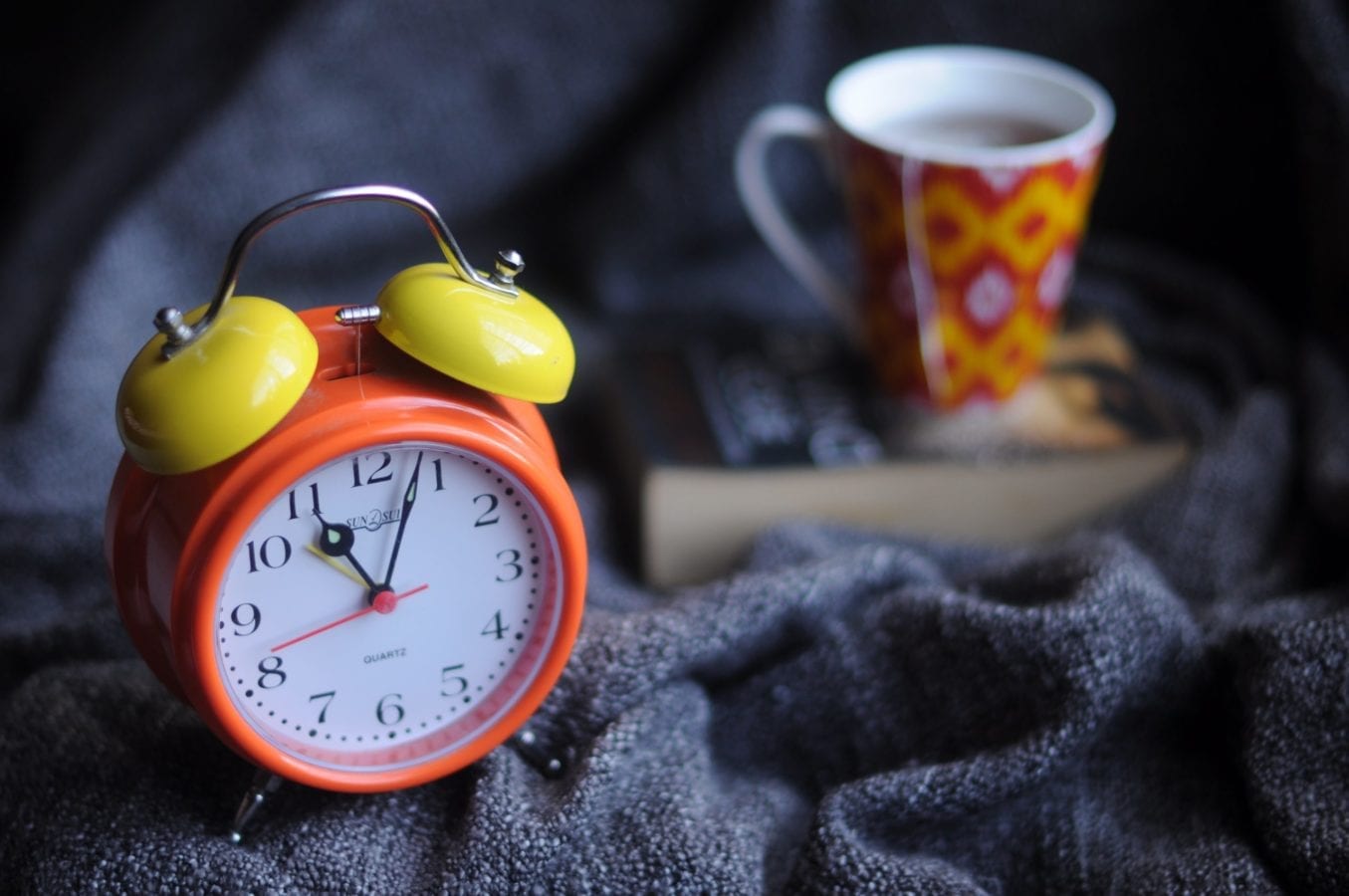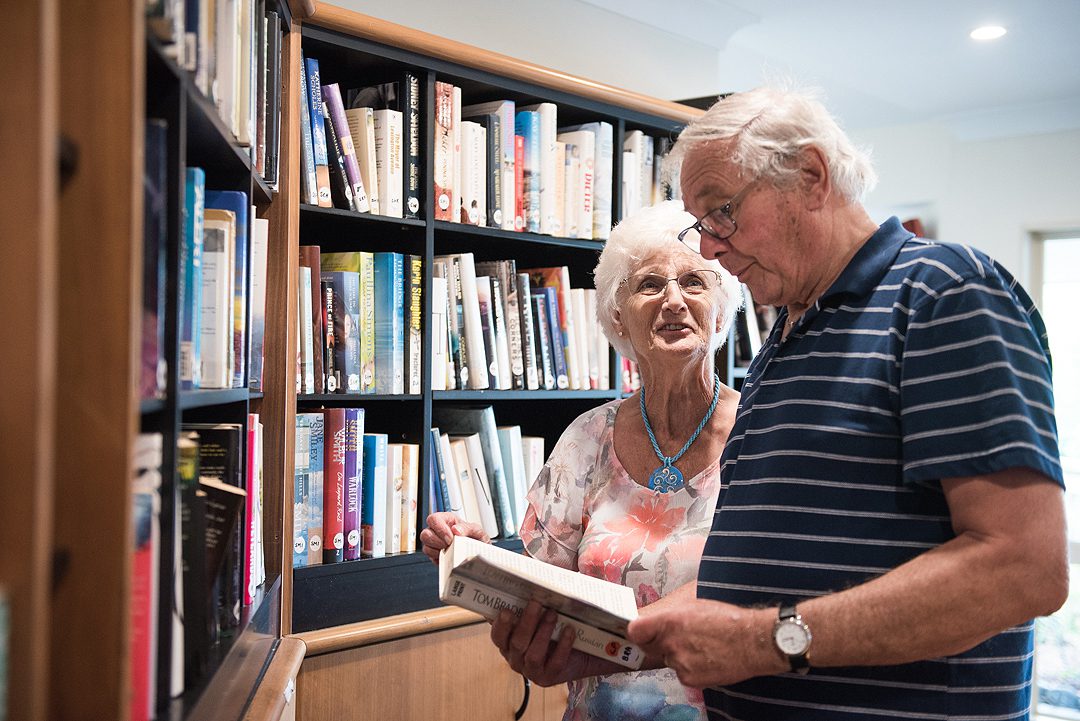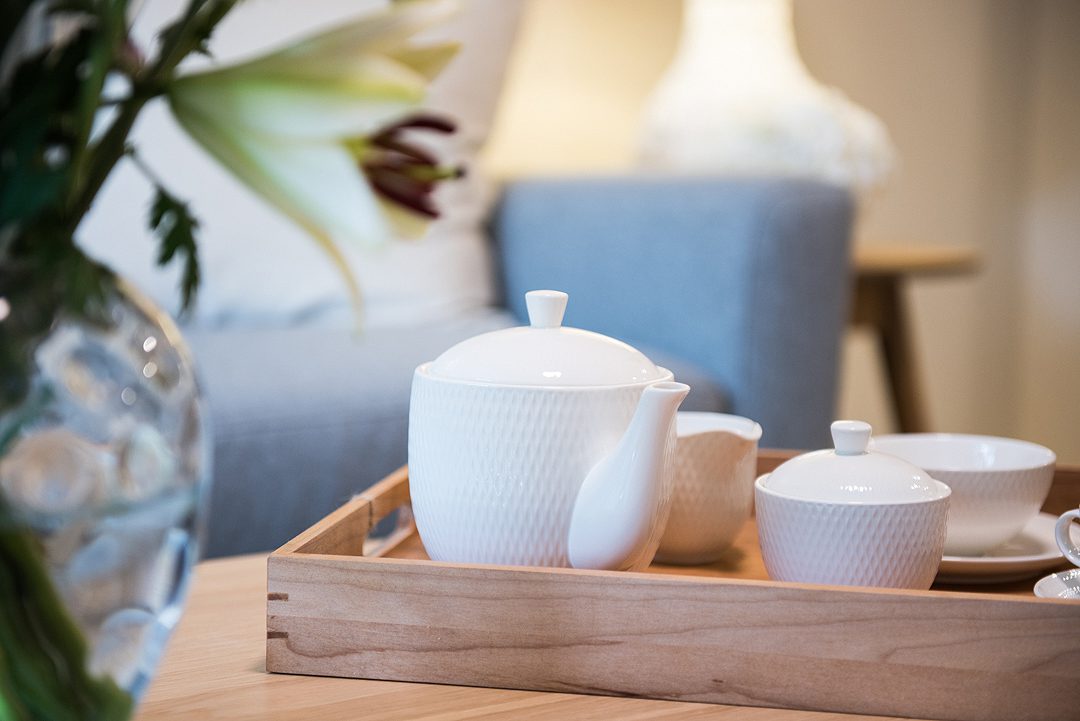As we age, it's easy to become overwhelmed as to how you will go about…

Tips for a Better Sleep for Over 50s
We spend almost a third of our lives sleeping, but as the years pass, you may notice it is harder to fall and stay asleep. A recent study found that 13% of men and 36% of women over 65 take more than 30 minutes to fall asleep.
But why? What is it about getting older that makes sleeping so hard? It seems to be a cruel irony that as soon as we stop working and can finally get the sleep in we craved for 40 years, we wake with the sun! Our sleeping patterns are affected by age in various ways – from changes in circadian rhythm to an increased sensitivity to noise or temperature.
It is recommended that adults get between 7 and 9 hours of sleep, so what can we do to ensure a peaceful night’s sleep?
Health Check!
Sometimes, insomnia can be linked to health issues. If you are concerned, bring it up with your GP. Just as ill health can impact your sleep, sleep deficiency has been linked to a myriad of health issues. For example, those who get less than seven hours sleep are as much as three times more likely to catch a cold. Sleep and your immune system are intrinsically connected, so check in with your doctor for their recommendations.
Develop a Routine
The best solution for stabilising your sleep is to create, and stick to, a routine. Try to go to bed, and wake up at the same time each day. As painful as it sounds, yes, this includes weekends. By creating a routine, you support your circadian rhythm which is your internal biological clock. This helps to cue your body for bedtime by releasing melatonin. Your circadian rhythm can be influenced by external factors such as light, including blue light emitted from devices. An abrupt disturbance in your circadian rhythm makes it harder to fall asleep, and stay asleep. Create a rhythm to stick to each day. Plus, if you are struggling to fall asleep, a good idea is to get up and redo your routine to signal to your brain that it is bedtime.
Create a Sleep Environment
Our brains are fascinating things, and they complete incredibly complicated tasks each and every day. But, in a sense, they are still very ridiculous. They spend our lives filling in clues and gaps to help us understand the world, and there are things we can do to help them build these links. For example, establish a positive ‘sleep environment’. Read: stop working in bed, stop checking your emails, stop anything except sleep. That way your brain will start to associate the action of going to bed with falling asleep – not the more interesting stimulants.
Avoid Bluelight
Bluelight is the enemy of a good night’s sleep. During the day, we receive bluelight from the sun. This light acts as a zeitgeber or an external cue that helps regulate our inner clock. However, we can also receive bluelight from CFLs (compact fluorescent lamps), LED lights, and phone and computer screens. This can trick our brains into thinking it is the middle of the day, and thus, should not be asleep. Limit your interaction with bluelight after sundown by turning on ‘night’ mode on your devices, and avoiding LED and CFL lights.
Check Your Mattress
Sometimes, the robber of a good night’s sleep if an uncomfortable mattress! Mattresses last between 7 and 10 years, depending on care. If you have had the same mattress since before the turn of the century, it may be time for a new one! It is a good idea to purchase a mattress protector to get the most life out of your mattress.
Diet
Diet, unsurprisingly, is incredibly important in getting some quality sleep. For example, avoid caffeine in all forms after 3pm. This can even include tea! Avoid too much sugar that may cause your sugar levels to drop overnight, waking you up with a need for something to eat, and instead load up on fibre. For the best sleep, prioritise fresh fruit and vegetables, low-fat protein and grains.
At the end of the evening, getting a good night’s sleep is all about creating good sleep habits. We are all creatures of habit, and our brains need consistency to build healthy ones. Tonight, start with limiting caffeine and bluelight, you’ll be snoozing away in no time.
If you need help with your retirement planning or would like to visit Greenview Park, please get in touch. We look forward to hearing from you!



